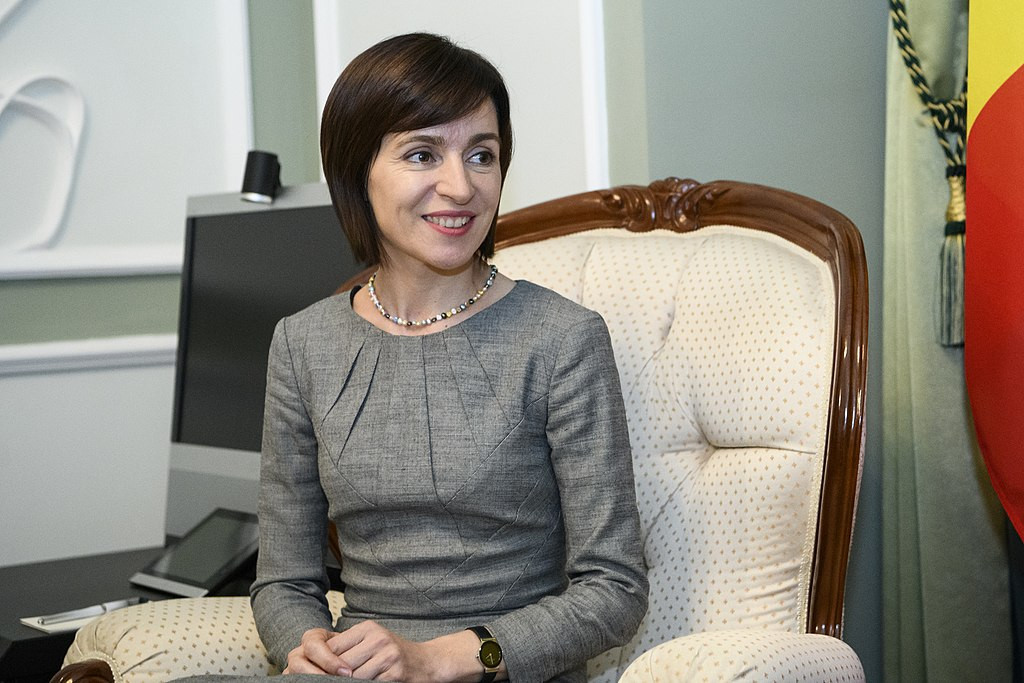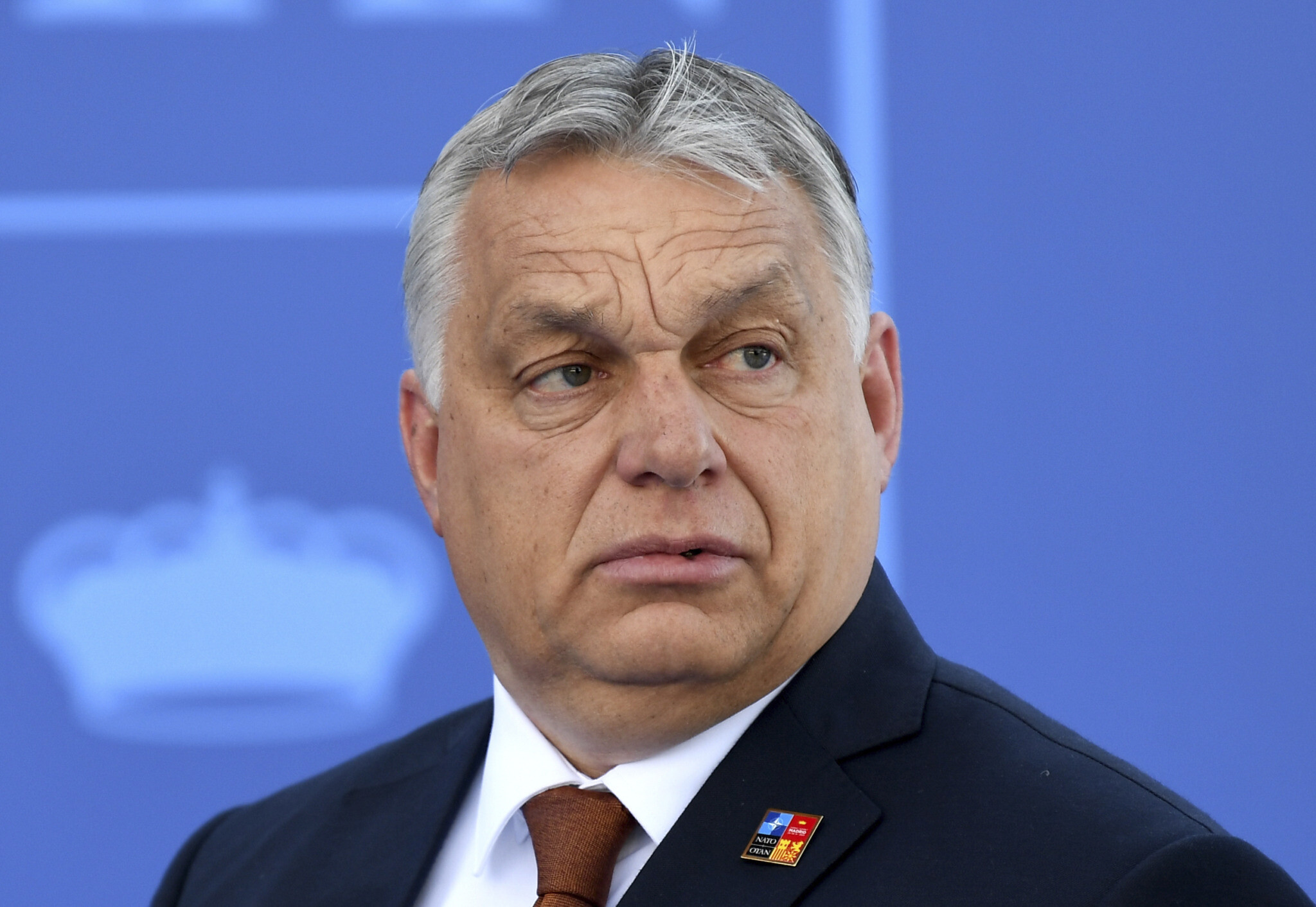The 88-page document, entitled 'Our Plan: Doing What Matters Most', sets out the executive's ambitions under several core areas.
“This is government in action, this is us putting in place our plans, what we're prioritising to make people's lives better,” Michelle O'Neill said.
The executive’s agenda was signed off on Thursday and presented to assembly members on Monday.
When asked how the priorities would be funded, Ms O'Neill told BBC Newsline that Northern Ireland's funding model isn't right.
“That needs to change, so we'll be at the Treasury's door again on Thursday to continue our engagement around the funding model here,” she added.
Ms O'Neill said the Labour government should reverse Tory austerity and described any ask they had of the UK government as “very reasonable”.
The deputy first minister said that they would also ask Ms Reeves to reverse the winter fuel payments decision.
An eight-week public consultation on the draft PfG is under way.
Deputy First Minister Emma Little-Pengelly acknowledged the budget “is tight, but there are things we can do”.
“We're asking the public take a look at this and give us their views about these priorities, and once we have finalised those priorities we will put in place key measurements and attach a budget,” she added.
Ms Little-Pengelly outlined there would be nine priorities for the Executive in its current mandate.
The paper highlighted the executive will “make progress” on the long-delayed redevelopment of Casement Park GAA stadium in west Belfast.
It will also be “considering” the recommendations of the All-Island Rail Review, which proposed a major investment in the railway network.
Other areas include a commitment to expand Ulster University's Magee campus in Londonderry to accommodate up to 10,000 students, with an “action plan” to be published by the end of the year.
Speaking in the Stormont Chamber the deputy first minister said: “We must all focus on delivering this programme together for everyone.
“We know that there are challenges but there are opportunities.”
The first minister said the Executive is in “listening mode”.
“This is very much the basis in which we think we can go out to consultation but there is no doubt that there will be very constructive comments that will come forward,” Ms O'Neill added.
The Ulster Unionist Party (UUP) withheld support for the recent budget because of the allocation of cash to the health ministry which it holds.
This time the new Ulster Unionist leader-in-waiting Mike Nesbitt said voting against the programme for government was not even on his radar.
The SDLP leader of the opposition Matthew O’Toole previously said of the draft PfG “to call it broad brush would be generous”.
Speaking on Monday, he welcomed the fact that the document had been published, given that the opposition had been “constructive in calling for a (PfG) for months now”.
Mr O'Toole called for ministers to address the target for reducing waiting list times, as he could not find this when looking through the document.
Mark Spence from the Construction Employers Federation said the document falls “drastically short” of what is needed in order to deal with Northern Ireland's housing crisis.
“It is vital that urgent steps are taken to deal with decades of underfunding in our water and wastewater system which means that homebuilders cannot get new housing connections and a planning system which is no longer fit for purpose,” he said.
Glyn Roberts from Retail NI said the PfG “needs to be a co-design with business and other key stakeholders in civic society if we are to realise and share the full potential of this region”.
“We want to be partners, not just consultees in the implementation of the new Programme for Government,” Mr Roberts added.
Suzanne Wylie from the NI Chamber said despite a challenging fiscal environment it was time for “ambitious delivery” after a decade without a PfG.
Child Poverty Remains Unspoken
For the sake of the increasing number of children living in poverty in Northern Ireland there is a dire need for child poverty to be identified as a top priority by government.
Throughout 2024 we have seen a series of reports that have acted as distress flares to prove that child poverty is a growing problem here.
In one, the Northern Ireland Audit Office sounded a warning as it exposed that children living in poverty are being failed badly by government. It found a previous child poverty strategy had set no clear targets and didn’t even have a proper budget.
Then, just weeks later came statistics which revealed there has been a significant 6% rise in the number of children living in poverty over the last few years.
Surely this should have been the wake-up call that the system needed? And yet here we are six months on, with a draft Programme for Government where child poverty remains unspoken. Stormont insists work is ongoing around an anti-poverty strategy but for the sake of the one in four children for whom poverty continues to be their lived reality, we need to see this urgently progressed and delivered.
Other Priorities
It is good to see areas such as childcare and greater support for young people with special educational needs flagged as priorities by the Executive.
Poverty is at the heart of issues across health, education and housing but if government isn’t setting out clear actions to address child poverty, we’ll continue to see it blight more young lives.
Time for Action
The stories are all too familiar; the many families now struggling to feed their children and give them the childhoods they long for.
It is vital that decision makers commit to listening intently to children and families so that their experiences inform and shape the design and delivery of a properly funded Anti-Poverty Strategy. Other jurisdictions on these islands are prioritising child poverty, why aren’t we?
Peter Bryson is head of Save the Children Northern Ireland

















